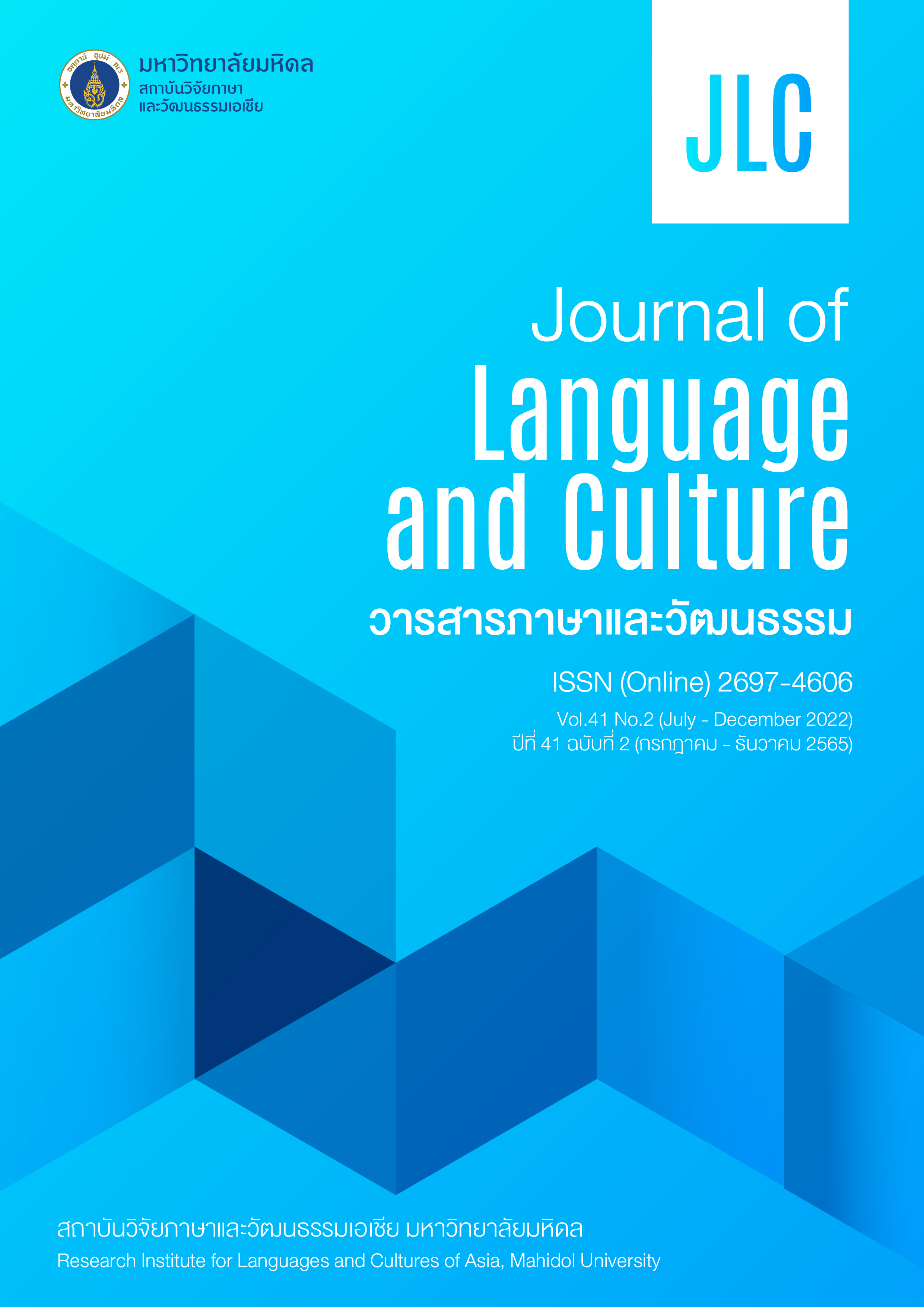The Hallyu policies of the Korean government
Main Article Content
Abstract
The purpose of this study is to analyze the Korean government’s Hallyu policies by period to identify how each administration’s policies have affected the spread and development of the Korean Wave. To this end, this study analyzed the main contents of the Korean government’s Hallyu policies over the thirty-year period from the Kim Young-sam administration to the Yoon Seok-yeol administration, based on the primary and secondary sources. The Kim Young-sam administration first implemented a system for promoting the cultural industry while the Kim Dae-jung administration laid the legal and institutional basis for cultivating the cultural industry and implemented the Hallyu policies through exporting Korean Wave contents. The Roh Moo-hyun administration reorganized the administrative bodies related to the cultural industry and strengthened their functions. The Lee Myung-bak administration implemented development-oriented policies focusing on selective contents products with high potentials for growth. The Park Geun-hye administration established private advisory bodies, such as the Hallyu 3.0 Committee, and the Moon Jae-in administration actively pursued the New Southern Policy and the policies for promoting the New Hallyu to facilitate the sustainable development of the Korean Wave. The Yun Seok-yeol administration plans to expand Korea’s global influence by nurturing K-contents and build a solid media and content industry. Over the thirty years, the Korean government has channeled significant nation-level efforts to foster the cultural industry by implementing suitable policies at the right times, spearheaded the sustainable development of the Korean Wave.
Article Details
The articles featured in the Journal of Language and Culture (JLC) constitute academic works representing the viewpoints of the respective author(s). It is crucial to note that these opinions do not necessarily reflect those of the Editorial Board.
All articles published in JLC are released under the Creative Commons Attribution 4.0 International License (CC BY 4.0). This license grants permission for unrestricted use, distribution, and reproduction in any medium, provided proper credit is given to the original author(s) and the source.


